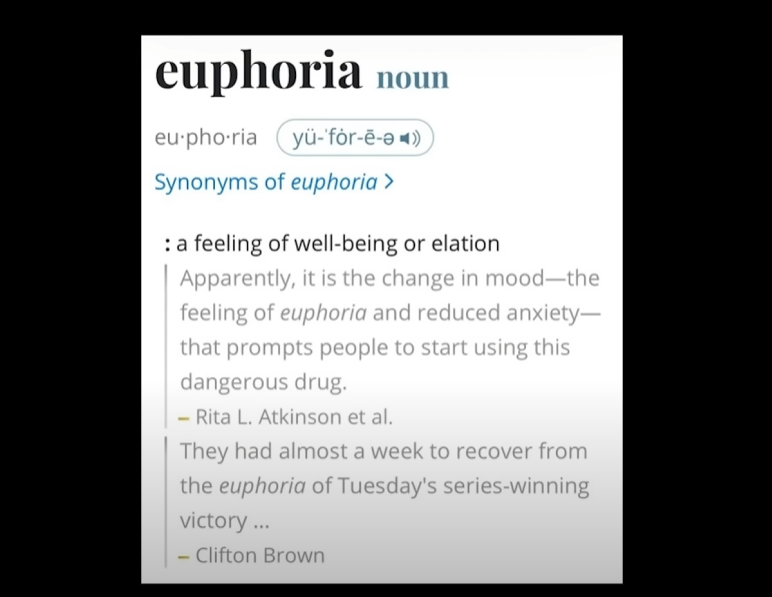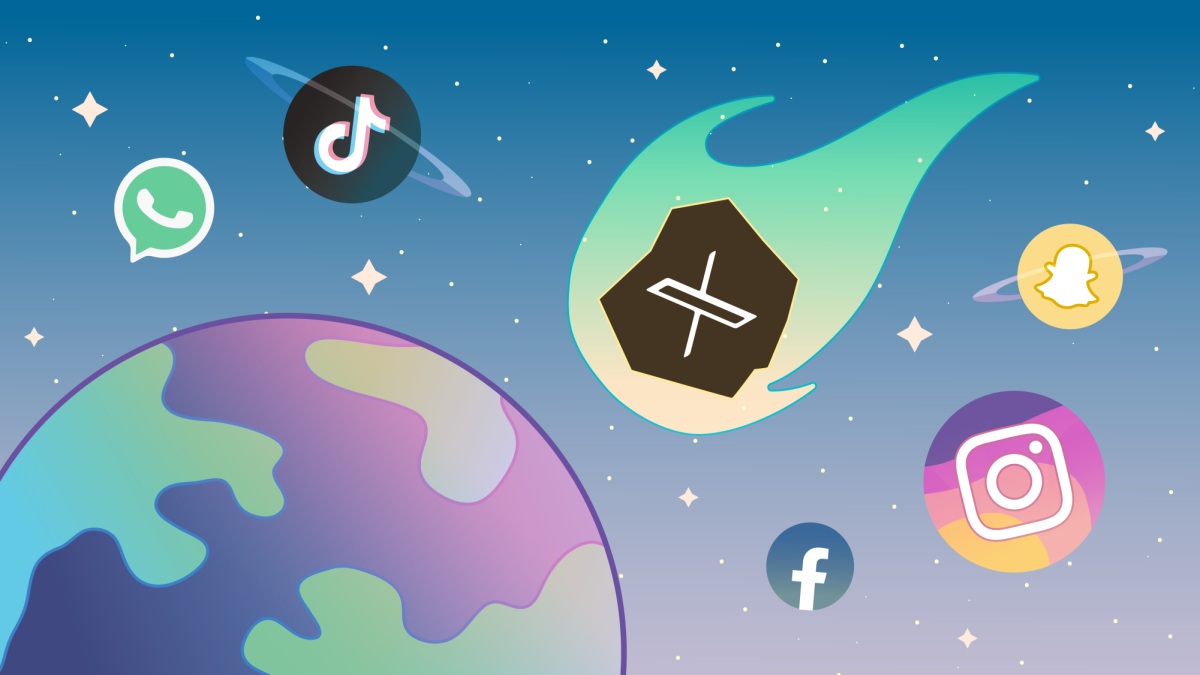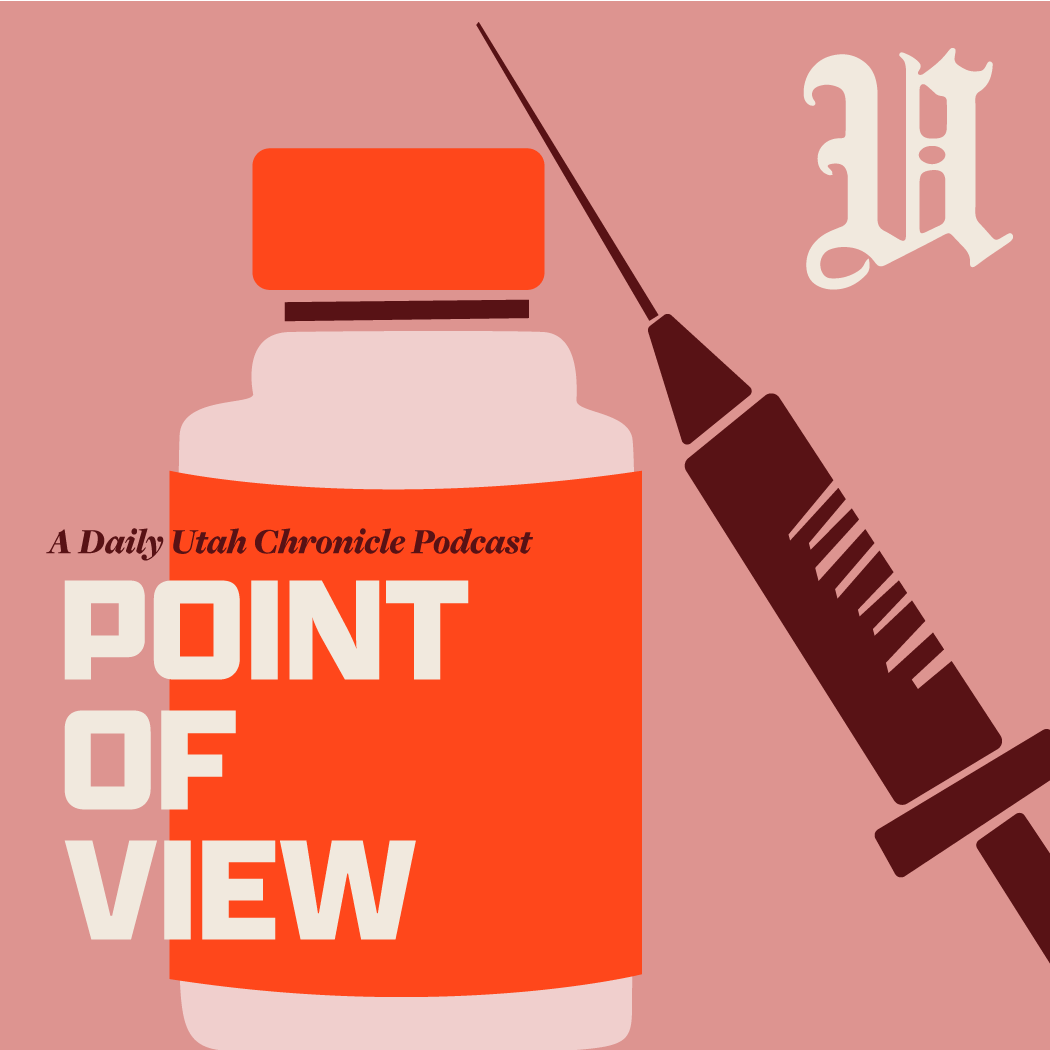
In this day and age, it is rare for a fellow passenger on public transportation to be reading a novel for pleasure, or for a child to shun a computer in favor of a well-worn book. And while my heart breaks as I write it, the advances of our modern world are making traditional book reading uncommon.
But fear not, fellow readers — books still have a place in our world, albeit in a different form. The ways we function, travel and communicate have changed and evolved over time, but literacy and the written word retain great value in today’s society.
Author Neil Gaiman recently gave a lecture at the annual Reading Agency on the future of books and their importance, emphasizing the empathy and inventiveness reading grants us. Gaiman argues that books provide us with an enriched perspective of the world around us and grant us the ingenuity to find solutions to the problems we encounter.
Literacy itself is vital, affecting us in ways we may not expect. According to the Journal of General Internal Medicine, “literacy has been a more powerful predictor of health status, health-related behaviors and health-related knowledge than education or race.” Gaiman recounts a talk in New York regarding the building of private prisons. Before construction, the prison industry needed a way to estimate how many prisoners they’d have to accommodate in the future, and they did so using a surprising algorithm based on the percentage of 10- and 11-year-olds who couldn’t read.
And though many would agree that literacy is still a valuable trait, few believe libraries retain their importance. Throughout history libraries have existed as sources of knowledge and information. During medieval times, books were often written in the form of illuminated manuscripts, carrying both physical and material heft, and as such were impossible for the masses to keep within their own homes. Instead they came to libraries, places of copious information when it was scarcely found elsewhere.
Today this is no longer the case. We are surrounded by information, often useless bits of it amassed in thoughtless social media posts. Our means of communication have changed as we spend more hours behind a screen than away from it, and the speed with which we carry out tasks has also increased as we sleep less, eat faster and multi-task, never seeming to have “enough time.”
This doesn’t necessarily spell out the death of libraries, which are more elastic institutions than we give them credit for, and as the times change they have the potential to do the same. Libraries are a fundamental resource for historical records. Our own state hosts the Utah Digital Newspapers program that enables universities across the state, including the U, to hold digital copies of newspapers published as early as the 1920s.
Libraries have long been known as places of freedom, where one could read about any subject they chose, and this association should be expanded to provide spaces for art, theater, music-making, etc. By offering people opportunities to express themselves creatively within the confines of a library, participants will be encouraged to carry on that inventiveness in other areas of their lives.
As a child, libraries represented a home away from home, a place teeming with facts and stories that made my own world richer and more exciting. Despite the technological dependence I find myself victim to today, libraries still hold the same appeal. Our generation is growing and changing, and libraries have the potential to grow and change with us. That idea may be hard to imagine for some, so I suggest they crack open a book and get back to me.









